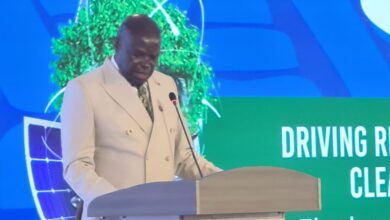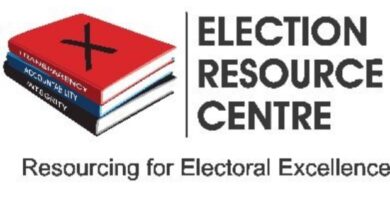CSOs demand urgent reforms to halt local governance collapse

Loraine Phiri
In a sweeping condemnation of systemic failures, a coalition of Zimbabwean civil society groups—including the Bulawayo Progressive Residents Association (BPRA), WeLEAD Trust, and the Institute for Young Women’s Development (IYWD)—has declared Zimbabwe’s local governance system “in crisis,” citing rampant corruption, collapsing public services, and widespread rights violations.
Their joint statement, released this week, warns that millions face daily risks from contaminated water, unchecked disease outbreaks, and harassment of informal traders, with marginalized groups bearing the brunt of institutional neglect.
Auditor-General reports reveal shocking mismanagement, including the embezzlement of funds earmarked for water infrastructure in Harare, Masvingo, and Chiredzi. Over 60% of Zimbabwe’s population—youth, women, and persons with disabilities (PWDs)—are trapped in a cycle of deprivation, forced to navigate dry taps, overflowing sewers, and police crackdowns on informal trade.
“Young women queue for 8 hours daily for water, risking sexual violence, while garbage piles fuel cholera,” the coalition stated.
Bulawayo, Zimbabwe’s second-largest city, epitomizes the meltdown. Once a model of urban planning, it now suffers 18-hour daily water cuts and monthly sewer bursts, with 72% of residents relying on unsafe sources. “This isn’t just incompetence—it’s a constitutional crisis.”
The coalition’s five-point reform plan demands alignment of local laws with Zimbabwe’s constitution, transparency in budgets, and adoption of anti-corruption models from Rwanda and Botswana. “Without citizen oversight, Zimbabwe’s SDG and NDS1 targets will fail,” they warned, referencing the nation’s missed 2023 sanitation goals.




